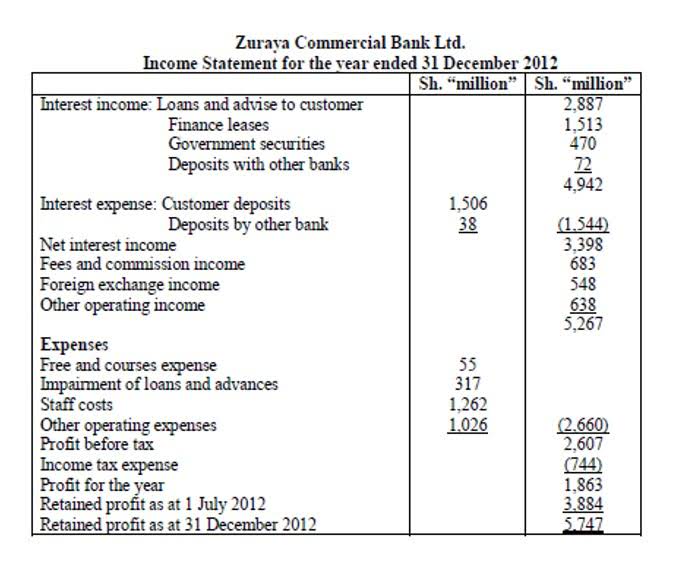
Paid Leave Oregon is a relatively newly enacted program designed to provide Oregon employees and employers with guaranteed paid leave for qualifying life events. Individual filers may be eligible for one of the 44 Oregon tax credits, including standard credits, carry forward credits, credit recaptures, and refundable credits. Most Oregon businesses selling or manufacturing luxury products, including marijuana, alcohol, and tobacco, are subject to luxury taxes on those products. Additionally, businesses will need to pay for and maintain licenses with the Oregon Liquor and Cannabis Commission (OLCC). Oregon does not have a sales tax, nor does it collect taxes on online purchases. Keep in mind that this tax is not withheld from employees’ paychecks.
LLCs in Oregon

Oregon levies a corporate excise or business tax starting at a rate of 6.6% for corporations with taxable income of $1M or less or 7.6% for corporations with taxable income over $1M. Now’s the perfect time to brainstorm Catch Up Bookkeeping creative ways of adjusting to the changing tax rates and deductions for small businesses in Oregon. As a small business owner, it’s important to stay on top of these changes and develop strategies that will allow you to remain profitable while complying with all tax laws.
Featured Offer: 30 days free, plus 50% off for 3 months from Patriot Payroll
- A partnership agreement must be signed by each partner and filed with the state where it is registered.
- The site also hosts useful financial and tax resources for both employers and employees.
- The income or loss of an S corporation is reported to each shareholder on federal form Schedule K-1.
- Oregon ePayroll is not to be confused with the Oregon Payroll Reporting System (OPRS), which private businesses use to manage payroll reporting and more.
For example, in Oregon, there are special taxes on cigarette and tobacco products, marijuana, bicycles, and the rental of heavy equipment. Virtue CPAs provides year-round tax planning integrated with bookkeeping and strategic business consulting for Georgia law firms. Our comprehensive approach includes proactive oregon income tax rate planning, business structure optimization, and multi-jurisdictional expertise. Professional guidance becomes essential for multi-state operations, annual revenue exceeding $500,000, multiple entities, or employee management.
- No formal partnership agreement is required; however, there must be some type of written agreement detailing how the business operates.
- In Oregon, sales tax rates vary depending on the type of business and where they operate.
- If your deductible expenses don’t exceed these amounts, the standard deduction is a straightforward way to simplify your filing while maximizing your deductions.
- Keep reading for a step-by-step guide to calculating Oregon payroll taxes, from setting up online tax payment accounts to handling deductions.
- Nevada, Ohio, Texas, and Washington impose gross receipts taxes instead of corporate income taxes.
- We protect your name, email address, phone number and more through compliance with the California Consumer Privacy Act, the highest data privacy standard in the US.
There are tax advantages for small business owners in Oregon.
Read our guide for all you need to know to navigate payroll taxes in the state of Oregon. Understanding tax laws and regulations for small businesses in Oregon is crucial to ensuring compliance and maximizing available deductions. By providing paid family and medical leave, businesses can create a more stable workforce with happier employees who are more likely to stay with the company long-term. To be eligible for this tax credit, businesses must meet certain criteria set forth by the state of Oregon. When navigating through small business taxation in Oregon for 2024, entrepreneurs should be aware of the essential services provided by quality Oregon LLC service providers. These experts can assist with compliance, registration, and ensure seamless operations in the constantly evolving tax landscape.
- It’s important to note that the CAT is in addition to — not a replacement for — the state’s income tax or the minimum excise tax.
- Click this button to sign up for email notices when it’s time to renew your business.
- And CPA tax filing service for freelancers, self-employed, business owners, 1099 & W-2 workers.
- The lack of sales and use taxes is also beneficial to retirees, who can see savings here.
- Refer to our Advertising Disclosure to learn more about how we earn compensation from affiliate partnerships and how we maintain our independent editorial integrity.
How Oregon Capital Gains Tax Rules Work
Even though there is a state income tax in Oregon, they do not assess state income tax on social security benefits. North Carolina’s franchise tax is larger, and a more significant source of revenue, than most other remaining capital stock taxes. fixed assets Additionally, small businesses still have use tax obligations on taxable goods and services purchased from out-of-state that are then used in Oregon. Oregon also has a gross receipts tax called the Corporate Activity Tax (CAT) which is $250 + 0.57% of Oregon gross receipts over $1 million. For example, lodging, prepared food and beverages, and motor vehicle rentals are subject to transient lodging taxes in some areas. There are some other taxes Oregon business owners should be aware of, as well as the ones mentioned above.
What is the Oregon corporate income tax?

It’s important not only to adapt but also seek guidance as we continue navigating through these changes. Therefore, seeking professional advice is essential for any small business owner looking to stay compliant while maximizing profits under the new tax regulations. It’s important to seek professional advice to ensure that we are taking advantage of all available deductions while also staying compliant with state and federal regulations. Overall, it’s crucial that we prepare our clients and ensure they’re taking advantage of any available benefits. Let’s dive into these changes and make sure we’re providing the best possible guidance. As we look ahead to 2024, there are several important updates to Oregon’s tax system that small businesses need to be aware of.

How Do You Calculate Your Small Business Tax Rate?
This is part of its comprehensive pro-growth tax reform passed via LB754 in May 2023. That flat rate is scheduled to be reduced to 4.55 percent for 2026 and then down to 3.99 percent for tax years beginning on or after January 1, 2027, subject to revenue availability. Previously, for 2024, Nebraska had two tax bracketsA tax bracket is the range of incomes taxed at given rates, which typically differ depending on filing status. In a progressive individual or corporate income tax system, rates rise as income increases. LLCs in Oregon are classified by default as pass-through entities, with LLC members paying federal income tax through their own individual returns. Members pay the state’s graduated personal income tax rate ranging from 4.75% to 9.90%.

Although hiring a tax preparer is never required, in most cases, a small business needs professional accounting help to make sure their taxes are done correctly. You can face serious consequences, such as penalties, fines, and falling out of good standing with the state if you make errors on your tax returns. You can submit electronic filings through either an approved software vendor or the IRS’s Modernized e-File (MeF).